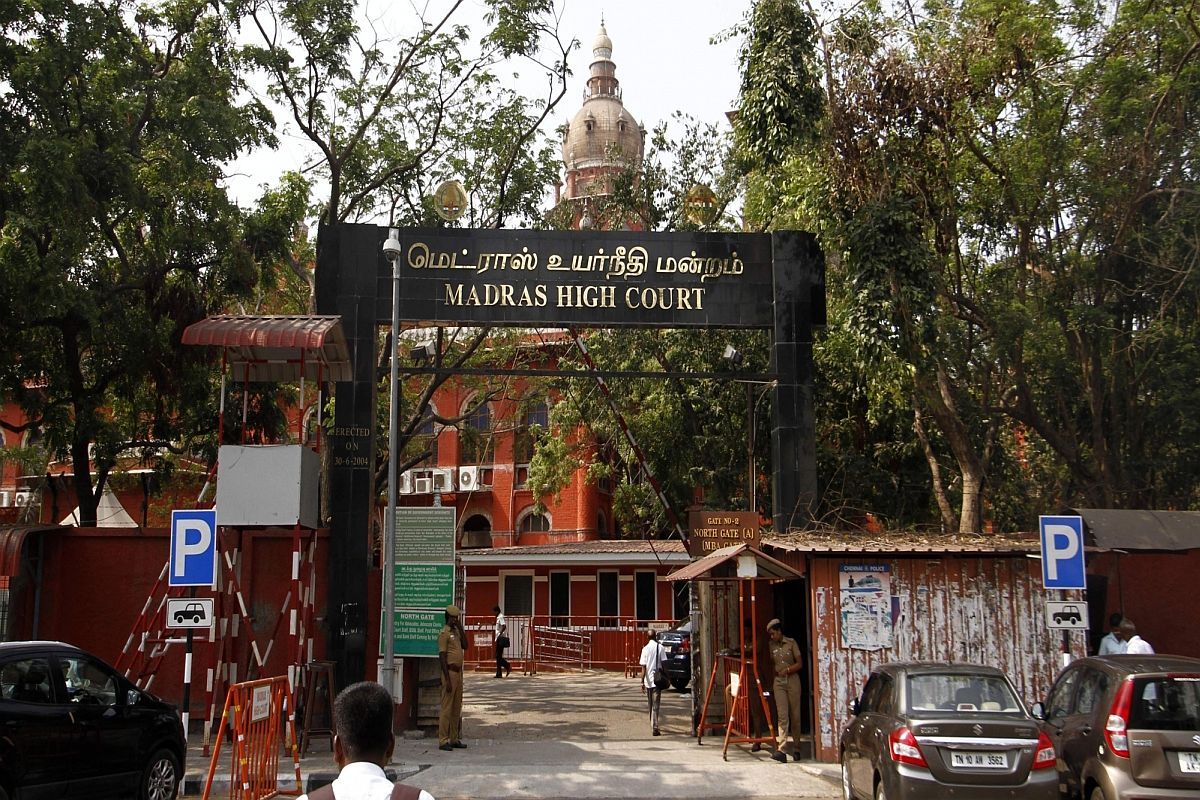Latest News
Habeus Corpus Writ Is Maintainable In Matters Of Child Custody: Madras HC

The Madras High Court Bench comprising of Justice SC Sharma allowed Habeus Corpus writ petition, which in effect related to the custody of a 2 year old boy, holding US citizenship. The bench emphasizes that the welfare of the child is of paramount importance and examined the issue whether a Habeus corpus writ petition is maintainable in respect of custody of 2 year old child. Further Justice SC Sharma held that a writ petition for issuance of a writ in nature of Habeus corpus under Article 226 of the Indian constitution in the facts and circumstances of the case is certainly maintainable. Otherwise also keeping in view the welfare of the child and other factors including interaction with the child, this court is of the opinion that the child has to be in the custody of mother. This Habeus corpus writ is filed by the mother of a 2 year old boy, a citizen of united states. The husband of the petitioner’s had obtained an ex-parte restraint order against her from an American court forcing her to move out her matrimonial house and return to her parent’s home in India. The petitioner’s left their child at the child’s grandparents and executed a power of attorney and authorization in the favour of his parents. Thereafter, the petitioner accordingly moved to the high court for the custody of the her child.
The respondents contended that a Habeus corpus writ petition is not maintainable in matters of child custody. However the court was declined to throw away the writ on the ground of jurisdiction or on the ground that alternative remedy is available under the Guardians and Wards Act, 1890. The court observed that the child is aged of 2 years and this court keeping in view section 6 of the hindu minority and guardianship act, 1956, that the child has to be given in the custody of the mother. The bench further held that the said ex-parte order nowhere restraints mother from meeting her child or to keep child with her and no order was placed on record which directs the custody of the child to be with the father. Thereafter the court held that the power of attorney and authorization executed by the husband in the favour of his child’s grandparents was an unheard concept in Indian courts. Accordingly the court allowed the writ petition and stated that since the child is a US citizen, the US Embassy and the union ministry of external affairs be intimated about the order.



































































































